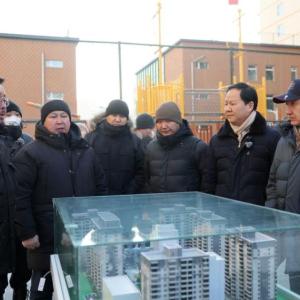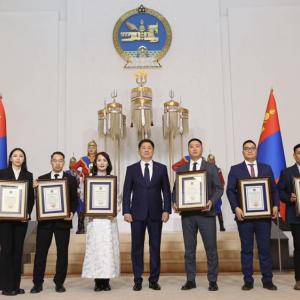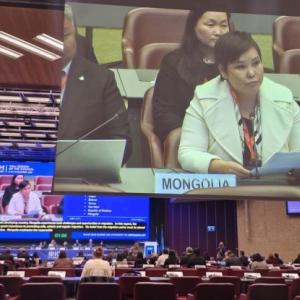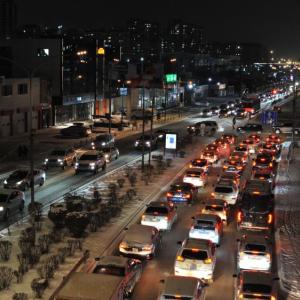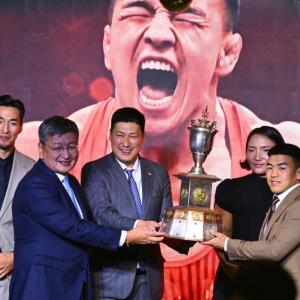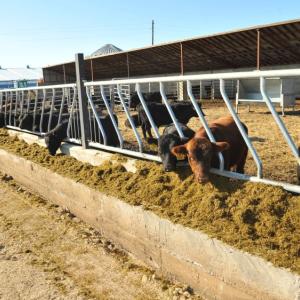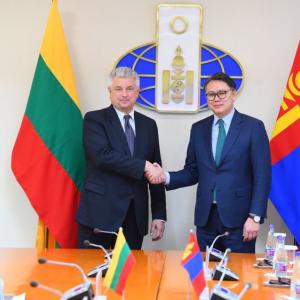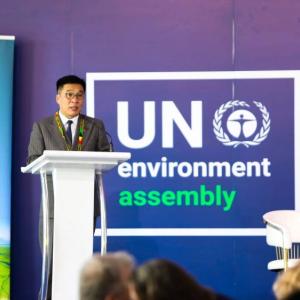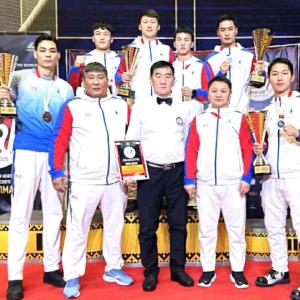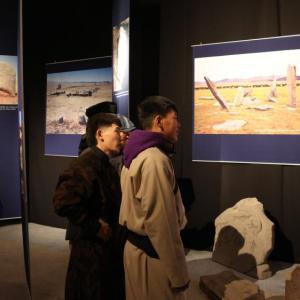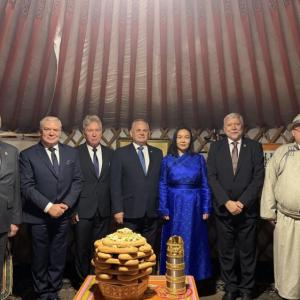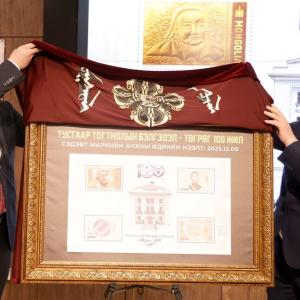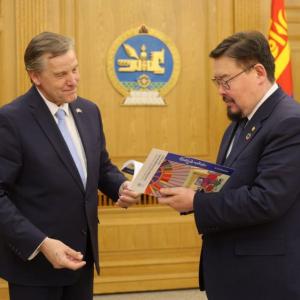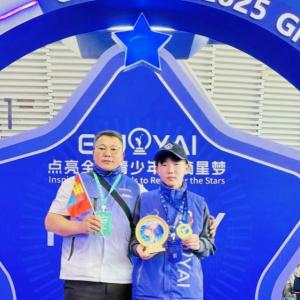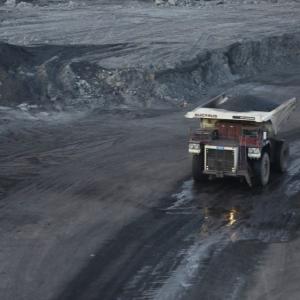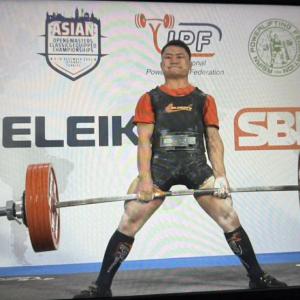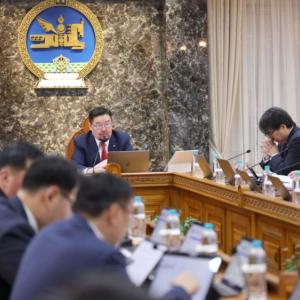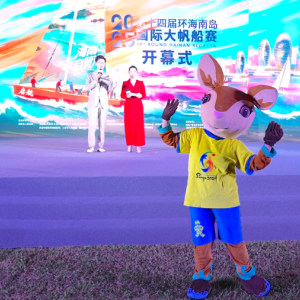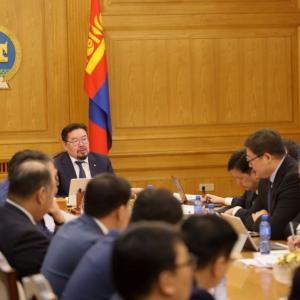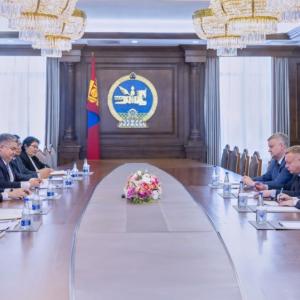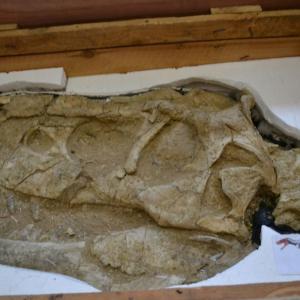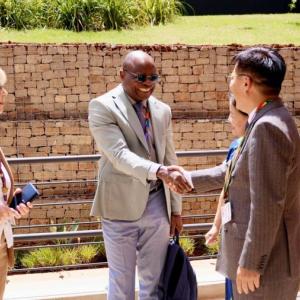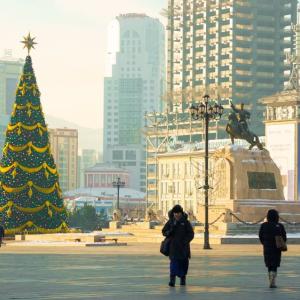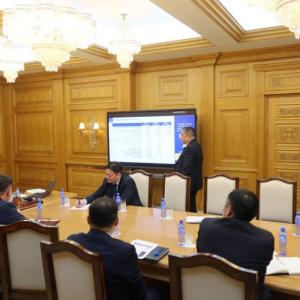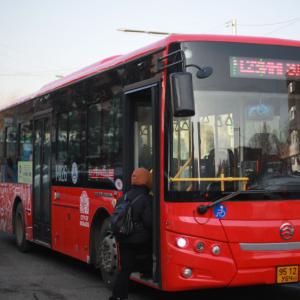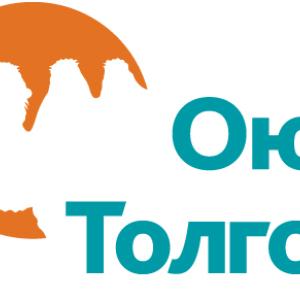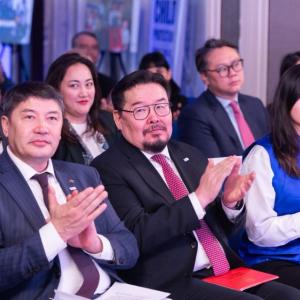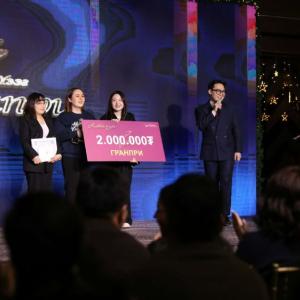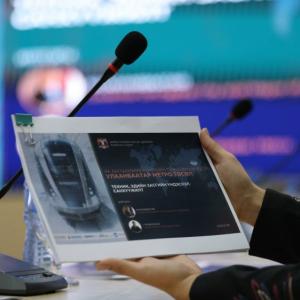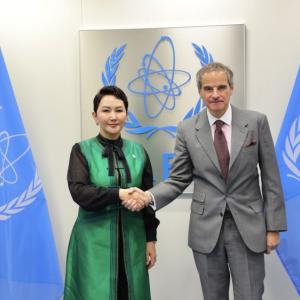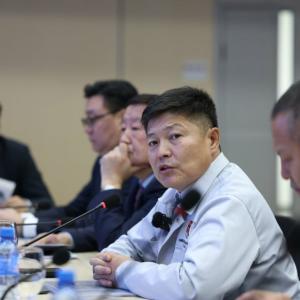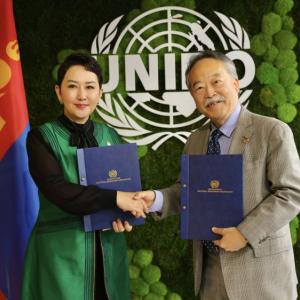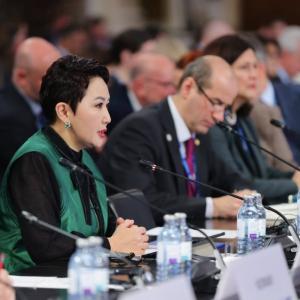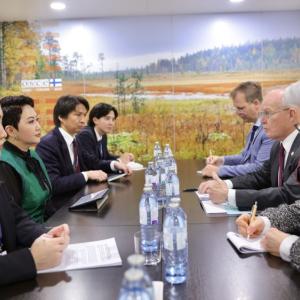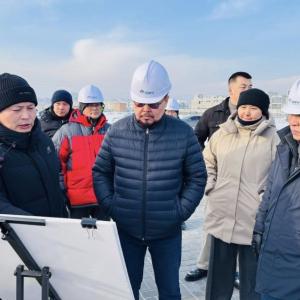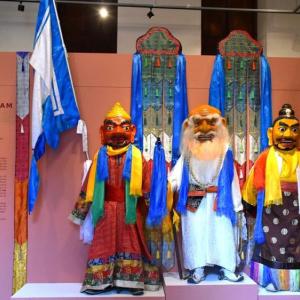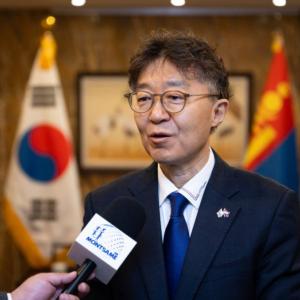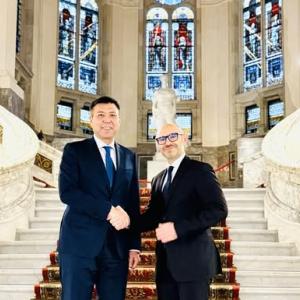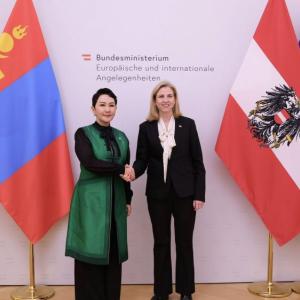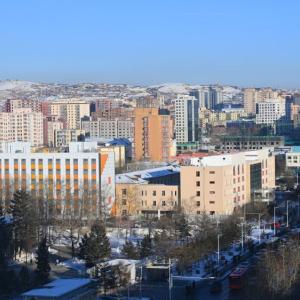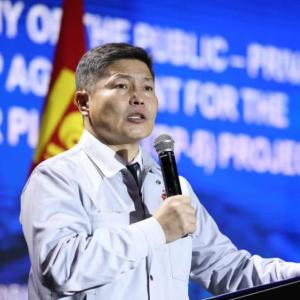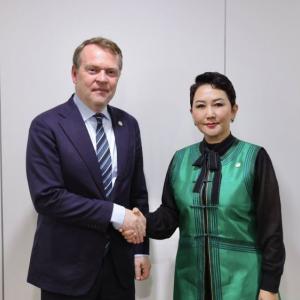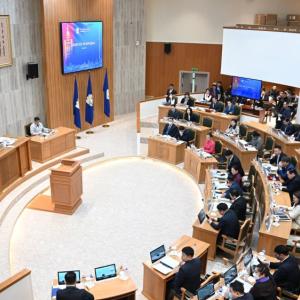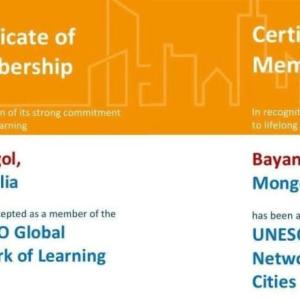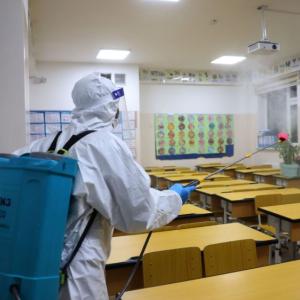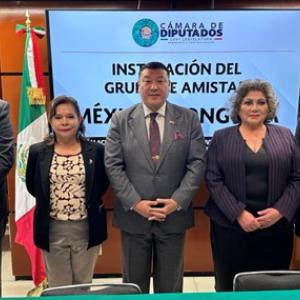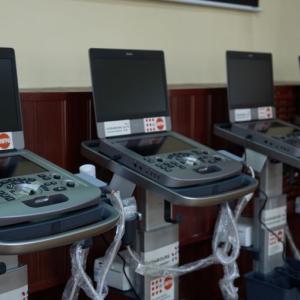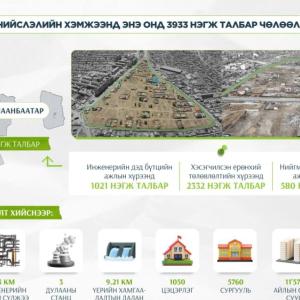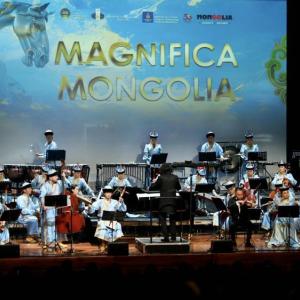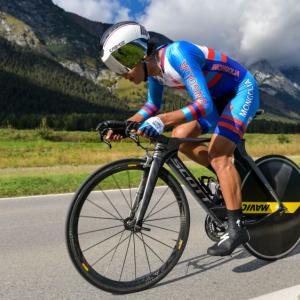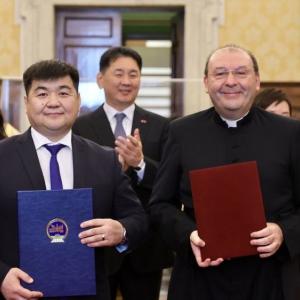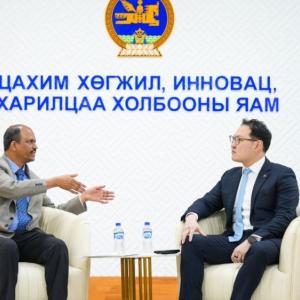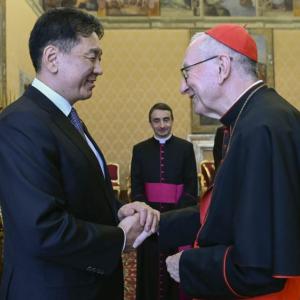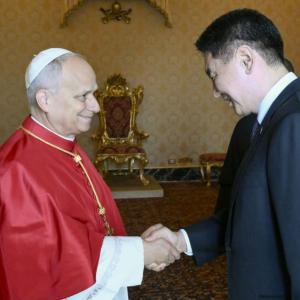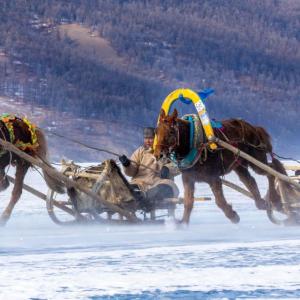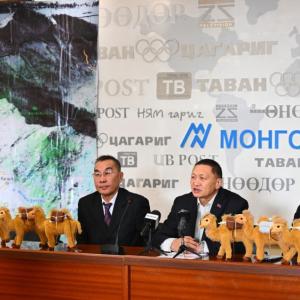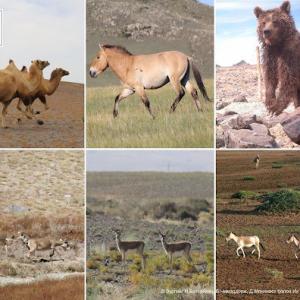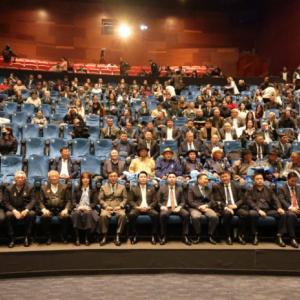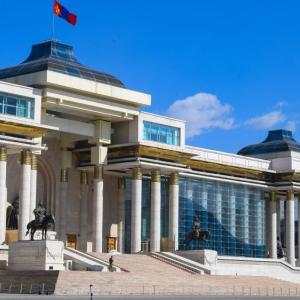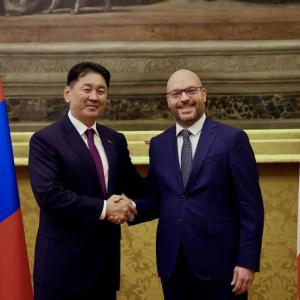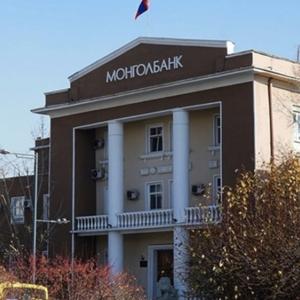Asia-Europe People’s Forum hosted in Ulaanbaatar
The Mongol MessengerDiscussions reflect on past 20 years and the future
On July 4-6, the 11th Asia-Europe People’s Forum (AEPF11) took place in Ulaanbaatar gathered around 500 representatives from social movements, frontline communities and campaigning networks, progressive NGOs, and academics and parliamentarians across the two continents. Elbegdorj Tsahia, President of Mongolia made the opening speech in which he encouraged civil society organization delegates and activists to come up with issues that need to be addressed and called for broader involvement.
 The President noted the importance of AEPF for Mongolia addressing the crucial role of civil society organizations in Mongolian society. He outlined four main areas he considers essential for the development of civil society including strengthening of civil society organizations as an institution, internal governance, enforcing the independence of civil society organizations, and capacity-building for civil society members. He called for keen involvement from all the participants citing a Mongolian proverb "There’s no wrong if all together discuss the issue". President Elbegdorj hoped the meeting would be as genuine, frank, efficient, productive and equal as possible without any limitations based on size, development level, race or gender.
The President noted the importance of AEPF for Mongolia addressing the crucial role of civil society organizations in Mongolian society. He outlined four main areas he considers essential for the development of civil society including strengthening of civil society organizations as an institution, internal governance, enforcing the independence of civil society organizations, and capacity-building for civil society members. He called for keen involvement from all the participants citing a Mongolian proverb "There’s no wrong if all together discuss the issue". President Elbegdorj hoped the meeting would be as genuine, frank, efficient, productive and equal as possible without any limitations based on size, development level, race or gender.
 The AEPF11 was considered particularly significant as it was the first venue since Brexit in which representatives of the AEPF discussed strategies on major themes that represent AEPF’s hopes for citizens of Asia and Europe. Under the title “Building new solidarities: Working for Inclusive, Just and Equal alternatives in Asia and Europe”, the three-day forum was an exciting series of interlinked dialogues, workshops, actions, policy debates, and open spaces.
The AEPF11 was considered particularly significant as it was the first venue since Brexit in which representatives of the AEPF discussed strategies on major themes that represent AEPF’s hopes for citizens of Asia and Europe. Under the title “Building new solidarities: Working for Inclusive, Just and Equal alternatives in Asia and Europe”, the three-day forum was an exciting series of interlinked dialogues, workshops, actions, policy debates, and open spaces.
The AEPF11 was structured to encourage discussion, sharing and the development and articulation of alternatives. For three days, the below mentioned areas were discussed in three phases – context and analysis -- lessons learned, successes and failures, and strategies for People’s Visions and Future Perspectives. Besides these events, organized by Working Groups for each area, there will be space for self-organized workshops. These discussions covered topics such as migrants and refugees, corruption, tourism, reimagining maritime security and labor solidarity between Asia and Europe.
The major themes focused on the following seven areas:
Resource Justice, Land Rights, Equal Access to Water, and Participation – Going Beyond Extra-activism
Food Sovereignty/Food Security – Beyond Zero Hunger
Climate Justice – Towards Sustainable Energy Production and Use, and Zero Waste
Socially Just Trade, Production and Investment
Social Justice – Social Protection for All, Decent Work and Sustainable Livelihoods, Tax Justice and Other Egalitarian Alternatives to Debt and Austerity
Peace Building and Human Security – Responses to Migration, Fundamentalism and Terrorism
Participatory Democracy, Gender Equality and Minority Rights
Why AEPF?
 AEPF emerged in the mid-90s from a common desire and need among people’s organizations and networks across Asia and Europe to open up new venues for dialogue, cooperation and solidarity. The first AEPF interregional conference was organized in 1996 during the 1st Asia-Europe Meeting (ASEM1) held in Bangkok, Thailand. Since then, AEPF has been holding a biennial alternative to the ASEM summit called the Asia-Europe Peoples’ Forum. Since its emergence in 1996, the AEPF has evolved by reflecting on shaping strategies for, and intervening in, a range of issues of common concern to the peoples of Asia and Europe.
AEPF emerged in the mid-90s from a common desire and need among people’s organizations and networks across Asia and Europe to open up new venues for dialogue, cooperation and solidarity. The first AEPF interregional conference was organized in 1996 during the 1st Asia-Europe Meeting (ASEM1) held in Bangkok, Thailand. Since then, AEPF has been holding a biennial alternative to the ASEM summit called the Asia-Europe Peoples’ Forum. Since its emergence in 1996, the AEPF has evolved by reflecting on shaping strategies for, and intervening in, a range of issues of common concern to the peoples of Asia and Europe.
20 years of ASEM and AEPF
Since the AEPF marks its 20th anniversary this year, along with the high-level meeting, the first agenda was ‘AEPF at 20 – Reflections and Moving Forward’ discussed on June 4. Delegates from India, UK, Germany and EU gave speeches reflecting on the past 20 years of AEPF.
Mr. Andy Rutherford, Director at FreshEyes, UK remarked, “Over 7000 thousand men, women, representatives of organizations and social movements have passionately explored how we worked better together for more just, equal, inclusive and mutually respectful communities, countries and regions”.
Professor Sebastian Bersick of Ruh University Bochum, Germany delivered an interesting presentation themed ‘An Assessment of ASEM and the Role of Civil Society’. He mentioned some of ASEM’s achievements including enlargement and the plurality of Asia- Europe relations, and failures such as lack of tangible results and invisibility in the media. Moreover, he illustrated the role of AEPF discussing its outlook.
 Having been excluded from the official ASEM process, civil society actors founded their own alternative forum: the Asia Europe Peoples’ Forum. AEPF developed three main functions – network-building, analyzing common interests, and providing a channel for critical engagement with the official ASEM process. The macro-objective of AEPF is de-globalization of the world through the building of alternative regionalism. As a result of AEPF’s activities, horizontal networking between Asian and European NGOs increased. However, Dr. Bersick argues, that AEPF remains excluded from formal agenda-setting and decision-making processes; therefore, more input by civil society and AEPF is needed.
Having been excluded from the official ASEM process, civil society actors founded their own alternative forum: the Asia Europe Peoples’ Forum. AEPF developed three main functions – network-building, analyzing common interests, and providing a channel for critical engagement with the official ASEM process. The macro-objective of AEPF is de-globalization of the world through the building of alternative regionalism. As a result of AEPF’s activities, horizontal networking between Asian and European NGOs increased. However, Dr. Bersick argues, that AEPF remains excluded from formal agenda-setting and decision-making processes; therefore, more input by civil society and AEPF is needed.
“ASEM has recognized AEPF more than before”
On the last day of the meeting, we had a short interview with David Hall, Director of Public Services International Research Unit at the University of Greenwich, UK. He shared his perspective saying, “I came here to make some contributions specifically to the sessions on climate, justice, and renewable energy, but also to meet up and engage in talks with other people from Asia and Europe who are active in other areas like social justice and public services and so on”. “What really interested me about AEPF was whether the groups from Asia and Europe were managing to exchange information and develop common strategies that would really improve the position of the people in Asia and Europe, and secondly, to get a sense of how much impact this forum will have on ASEM itself”, he said.
“It’s clear that this year, ASEM has clearly recognized AEPF more than before. ASEM is about to formally receive the report from AEPF. For example, the EU sent somebody to welcome everybody at AEPF”, he observed. When asked about the productiveness of the meeting, he said, “It’s still an open question how much notice ASEM will take. The meeting has certainly been fruitful and productive in having some impact on ASEM and also in strengthening links between groups of people in certain countries”.
He continued to share his perspective on Mongolia saying, “Nearly everybody who came to this meeting knew very little about Mongolia and that includes me. But I think that everyone, absolutely everyone is impressed and pleased that we came to Mongolia. It’s been a lovely place to be. Mongolia has a very nice cultural atmosphere, a nice society where women seem to have a good, strong and equally respected position, and there is no religious discrimination or violent disruptive forces”.
“What we’ve realized is that Mongolia is a lovely country with lovely people, culture and society that are really worth protecting. If you need international support and help in civil society movements in Mongolia fighting with mining groups and so on, I think you will find lots of support from everybody who’s been here. So that’s one real lasting effect of AEPF”, he concluded. Mr. Hall added that he would come to Mongolia again as a tourist, and possibly with his family. The meeting concluded on July 6 after approving the final declaration which will be forwarded to the ASEM11 high-level meeting.
Kh.Aminaa
The article is featured in the Mongol Messenger's issue for July 8, No. 27.
 Ulaanbaatar
Ulaanbaatar





